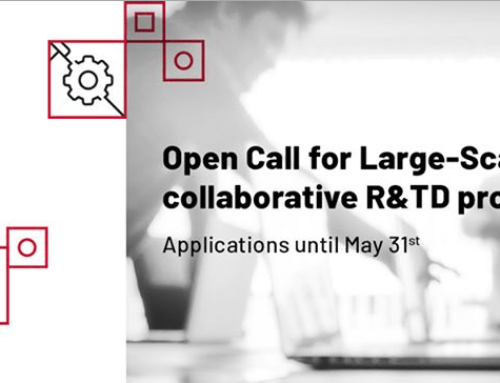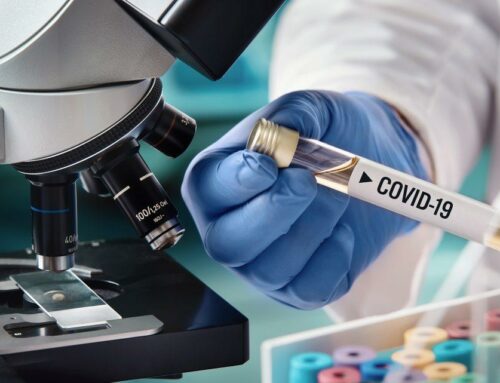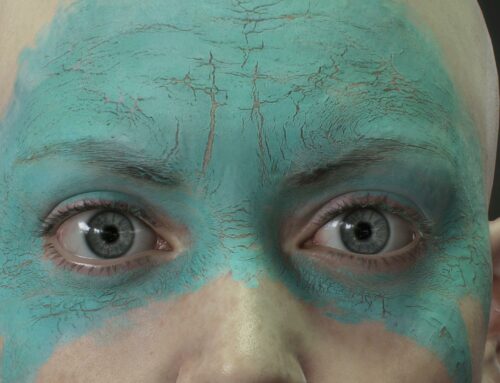In the latest FCT Call for Research and Development Projects in all Scientific Domains, 630 projects were selected for funding, representing an investment of 74.8 million euros. The list of projects recommended for funding and the summary of the results of the call were made available by the end of the month of July. These newly approved projects include proposals submitted by members of the ISR-Lisboa community. Get to know the recentely funded research:

Neuroadaptive Systems for Brain Restoration based on Virtual-Reality and Brain-Computer-Interfaces | PI Athanasios Vourvopoulos
This project aims to develop a novel and more inclusive rehabilitation system with the use of emerging technologies, to overcome the current limitations of training for rehabilitative applications.
To date, stroke is one of the leading causes of long-term disability, while the severe acute respiratory syndrome coronavirus 2 (SARS-CoV-2) is increasing the factors that can cause ischemic stroke due to thrombotic events. Evolving into a chronic condition, stroke requires continuous rehabilitation and therapy, a burden not only at an individual level but also at a broader level, significantly affecting the national health system. Technology-based approaches, like the use of personalised Virtual-Reality (VR), have been shown to accelerate the recovery process. The utilization of VR is considered a novel and effective low-cost approach to re-train the lost motor and cognitive functions through strictly defined training tasks in a safe simulated environment.
This research will contribute to further understanding of the neuro-physiological brain plasticity mechanisms underlying motor recovery after a stroke, as well as provide further evidence on the benefits of technology-driven rehabilitation approaches. It will also provide tools for personalized neuroadaptive training, increasing the reliability of VR-BCI for clinical or home use.

Medical Imaging Multimodality Brest Cancer Diagnosis User Interface (MIMBCD-UI) | PI Jacinto Nascimento
This project proposes the development of a methodology for detection of cancer targeting breast tissue, using multimodality medical imaging and textual information.
A fundamental step in medical diagnosis for patient follow-up relies on the ability of radiologists to perform a trusty diagnostic from acquired images. For this reason, it is crucial to introduce easy-to-use interfaces that help radiologists perform a reliable visual inspection and allow the efficient delineation of the lesions.
Starting from this understanding of the clinical context, the project integrates AI techniques (using a deep neural network to support automatic classification) in the medical diagnosis workflow. This methodology needs to “learn” what the masses and calcifications are, from data provided by medical experts.
The design and development of this interface should allow the medical specialist to display various types of images (i.e., ultrasound, MRI and mammography). Preliminary results already show a high level of acceptance of AI techniques from radiologists and point to a significant reduction of cognitive workload and improvement in diagnosis execution.





